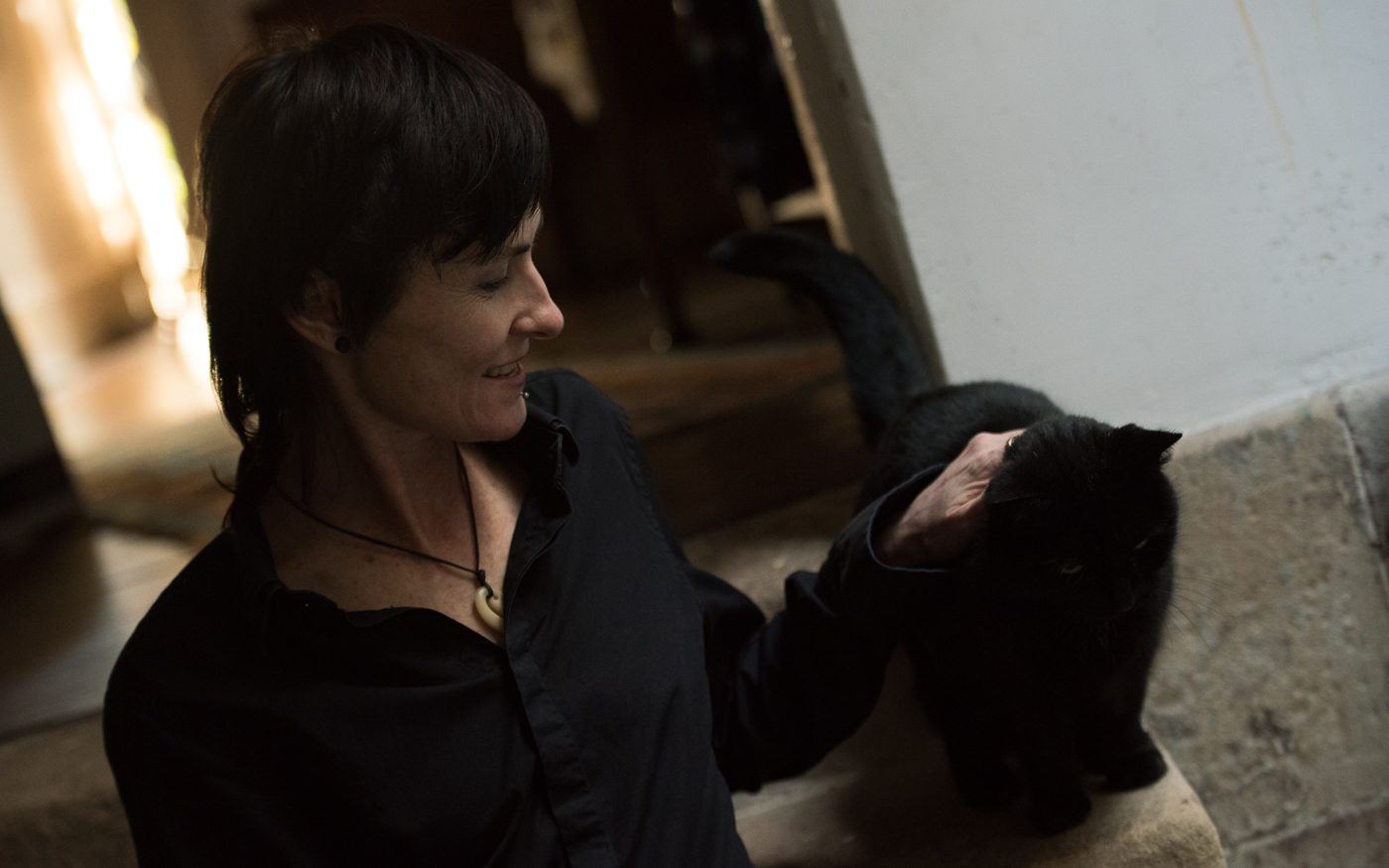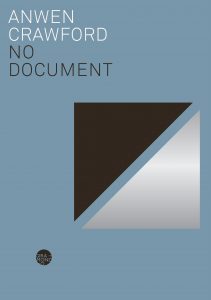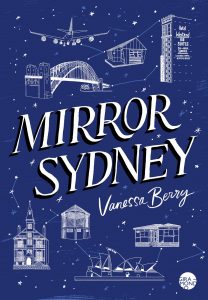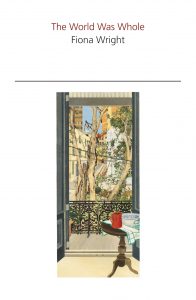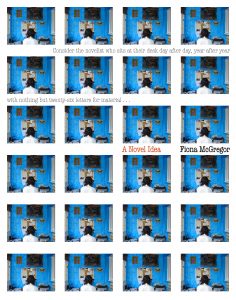Basket
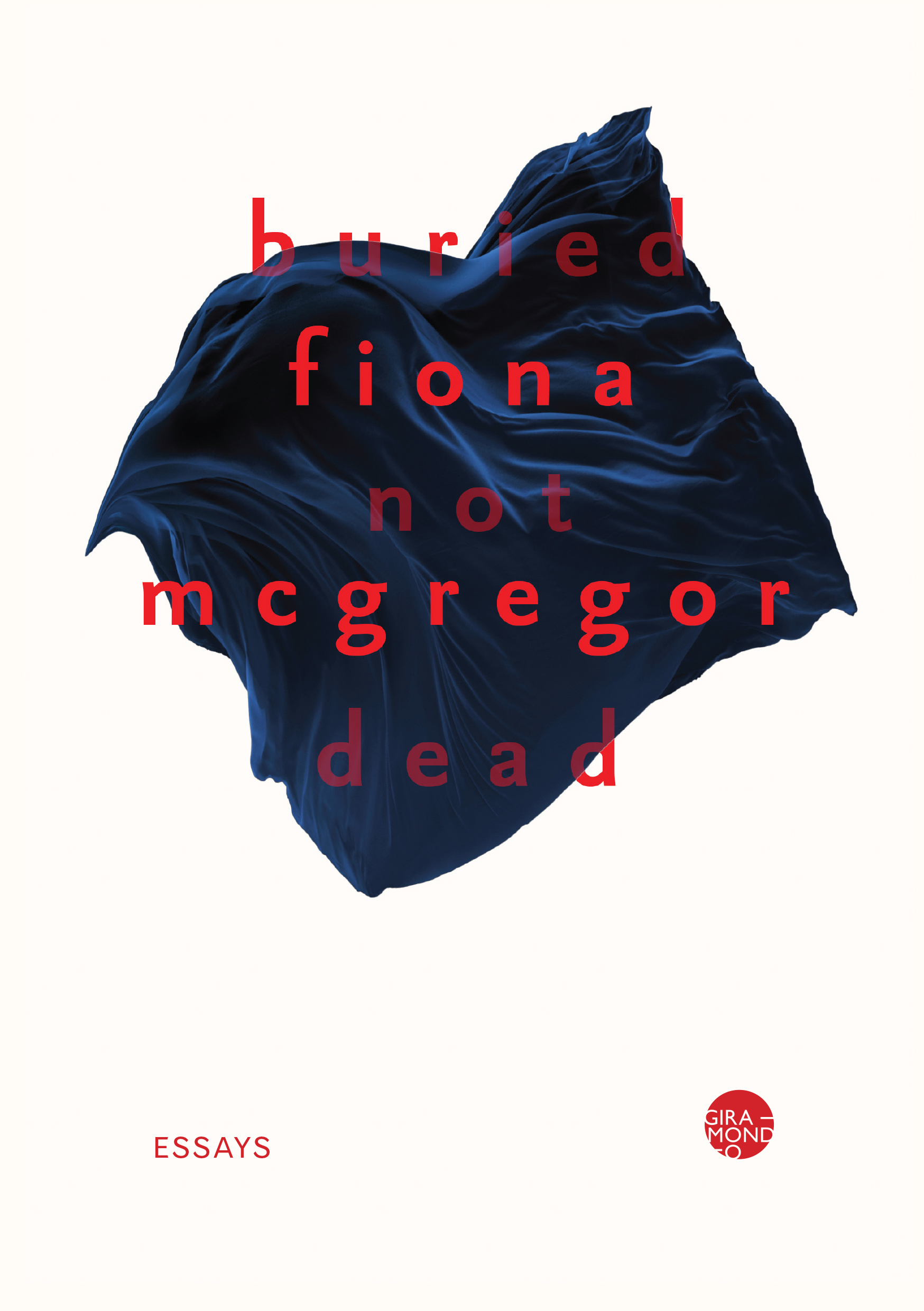
Buried Not Dead
Buried Not Dead is a collection of essays on art, literature and performance, sexuality, activism and the life of the city. It features writers, artists, dancers, tattooists and DJs, some of them famous, like Marina Abramović and Mike Parr, others, like Latai Taumoepeau, Lanny K and Kathleen Mary Fallon, unjustly overlooked. The portraits of these figures and the scenes they inhabit present an intimate and expansive archive of a world rarely recorded in our histories.
Fiona Kelly McGregor is an award-winning novelist and performance artist with a deep involvement in the worlds she represents. She came of age as an artist during an outpouring of performative queer creativity, in a community that celebrated subversion, dissent and uninhibited partygoing, and in her writing she observes the shift from that moment to new forms of cultural repression. McGregor is a participant in her essays as well as a witness – she sees through an artist’s eyes and records what she perceives with a novelist’s insight.
McGregor has a fine eye for the moment, in a text or performance, when the marvellous happens. Cutting across the boring divides between high art and low dives, Buried Not Dead is alive to what’s alive.McKenzie Wark
Compromise-averse, dangerous, this book is also a precious archive of radical art-making witnessed firsthand.Maria Tumarkin
In a world that bludgeons you into numbness, Buried Not Dead will startle you back to life. McGregor’s book is a shriek of rage and a cry of pleasure, and sometimes it is hard to tell one from the other.Krissy Kneen
[Buried Not Dead] reports back from the bleeding edge of contemporary culture, whether local or international. Want to understand the artists, writers and activists who are currently making and remaking our world? McGregor is your brilliant and wholly unfiltered guide.Geordie Williamson
About the Author
Reviews
Joyful, furious or tender, these essays read art the way McGregor first read Fallon, ‘for the sex, the wit, the sheer gutsy splendour of the language’, assessing power and powerlessness, and never forgetting bodies that are abused, excluded and bruised.
Felicity Plunkett, The Saturday Paper

